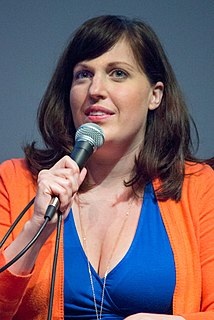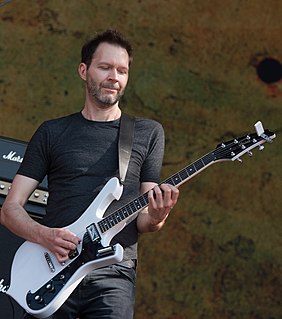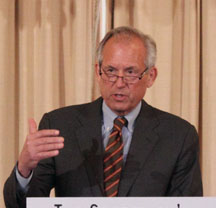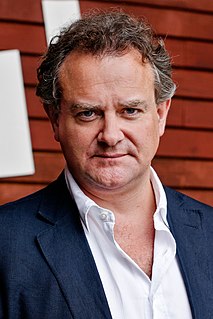A Quote by Andy Dunn
Plenty of entrepreneurs can start a company. What is more rare is to evolve it and to scale with it over time.
Related Quotes
When you're in a start-up, the first ten people will determine whether the company succeeds or not. Each is 10 percent of the company. So why wouldn't you take as much time as necessary to find all the A players? If three were not so great, why would you want a company where 30 percent of your people are not so great? A small company depends on great people much more than a big company does.
It's so easy to practice out of context. For example, if you're learning a scale, you take that scale and you sit in your room and you go up and down the fretboard, over and over. You've gotta do that, because you need to get that scale working. But you have to keep in mind that that's not the finished product. That's the starting point.
The goal of a private company is, first, zero to one. Get past the product market fit, figure out whether people actually care about what you're trying to build and someone will pay you money for that. That's the zero to one problem. So scaling, one through N, is figuring out can you do that at scale and how big is the scale. And when people pay you more than what it costs for you to make it, does that equation end up leaving you with money left over, i.e. profits.
Lots of entrepreneurs don't want to be hassled by a board of directors early on. The entrepreneurs want to control the company, don't want to be responsible to a board, or don't want to waste time communicating with board members. This is a classic error of thinking about the early stage board incorrectly.
Perhaps our most debilitating rut as a culture is a dependence on experts. Until we kick this dependency, how can we rise above the statistics and become a nation of entrepreneurs and leaders? The answer, as challenging as it is, is for entrepreneurs to show us the way, and to keep at it until more of us start to heed.
It's never happened to me before, in my career, and never will again. It's a one-off experience. It's a rare treat to have a cast together for six years. Crews come and go, and a few of them have been there throughout, but not many. It's rare, in my experience, after 26 years, to have had a proper company in a show that enjoys each other's company, and who is such a fine bunch of people and actors. To have struck a chord with people, and to have had that combination, is extremely rare.


































